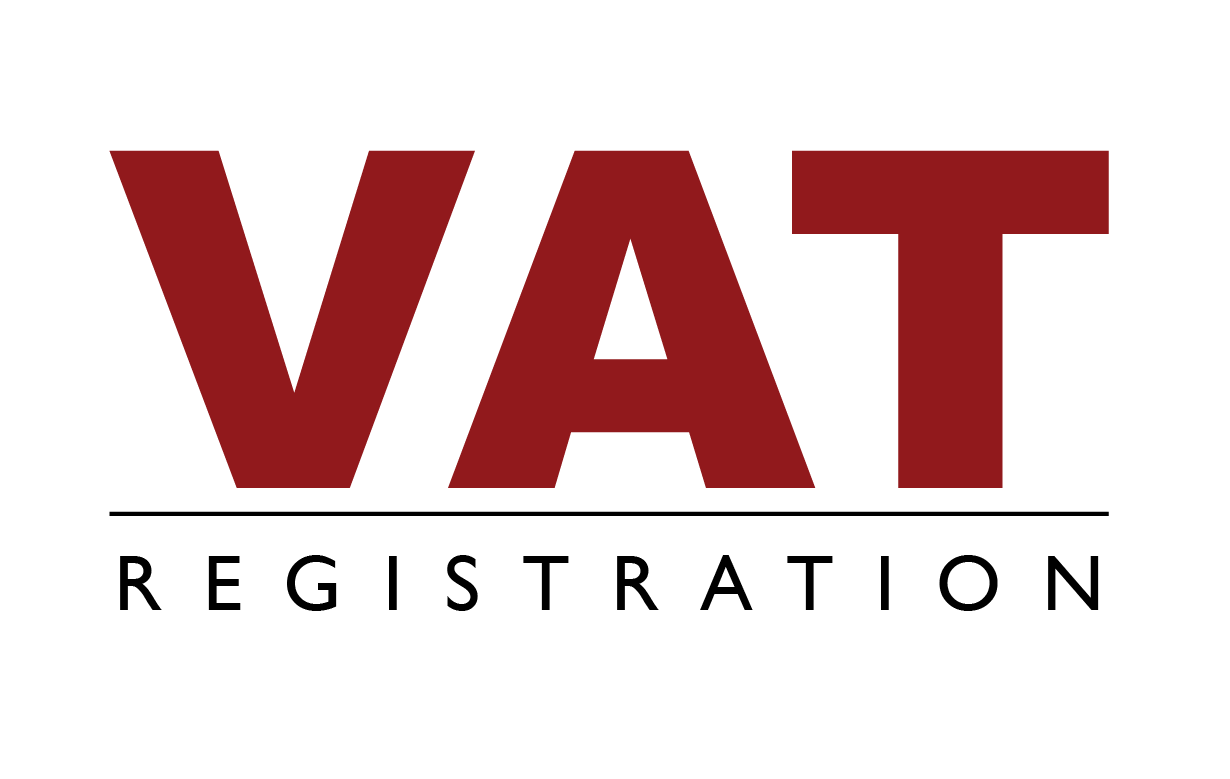Navigating the Impact of VAT on E-Commerce in the UAE: A Comprehensive Guide
In a recent update from the Federal Tax Authority (FTA) on July 31, 2023, significant changes in Value Added Tax (VAT) reporting criteria for e-commerce businesses in the United Arab Emirates (UAE) have been underscored. In its clarification, the FTA emphasized that businesses engaging in e-commerce must adhere to precise, emirate-specific VAT reporting guidelines. This development brings about increased responsibilities for taxpayers, particularly in reporting e-commerce supplies in VAT returns.
Before diving into the specifics, it’s crucial to note that failure to comply or erroneously adhering to the revised reporting requirements may lead to errors and penalties. To navigate this landscape effectively, businesses must understand the implications of VAT on e-commerce in the UAE.
New Responsibilities: What Businesses Need to Consider
As per the FTA’s guidance, businesses should carefully evaluate whether they fall under the new reporting requirements. The FTA has urged taxpayers to research relevant laws and explanations to determine:
- E-commerce Supplies in the Fiscal Year: Have businesses produced supplies for e-commerce throughout the fiscal year ending on December 31, 2022?
- Revenue Threshold: Were these e-commerce supplies valued at more than AED 100 million in the preceding calendar year?
The FTA’s Tax Administration system, known as “EmaraTax,” will prompt taxpayers with two questions to ascertain their eligibility for the new e-commerce supplies reporting requirement. Answering these questions accurately is crucial for preparing precise VAT returns and avoiding subsequent adjustments.
Key Aspects of VAT on E-Commerce in the UAE
1. Registration
E-commerce companies exceeding the VAT threshold must register for VAT. This involves maintaining accurate records, issuing VAT invoices, and filing returns regularly.
2. Pricing and Margins
Companies must adjust pricing strategies to account for VAT, potentially impacting profit margins. Transparency in pricing, including VAT on websites, helps manage consumer expectations.
3. VAT on Imports
When importing products online, businesses may need to pay VAT at the entry point. Understanding how to handle this is critical to avoid unexpected costs.
4. Customer Experience
Posting prices inclusive of VAT on websites ensures pricing transparency, enhancing the overall customer experience.
5. Compliance
Strict adherence to VAT laws, timely filing of returns, and maintaining accurate records are imperative to avoid fines and legal repercussions.
6. Cross-Border Transactions
Depending on the customer’s location, different VAT laws may apply to cross-border e-commerce. Understanding these regulations is crucial for foreign operations.
7. Recoverable VAT
Businesses can claim back VAT paid on eligible expenses. However, strict adherence to guidelines and proper documentation is necessary for this process.
8. Accounting Software
Investing in accounting software capable of managing VAT computations is advantageous for e-commerce enterprises, streamlining financial processes.
Consultation and Compliance
To navigate the intricate landscape of VAT on e-commerce in the UAE, staying informed and seeking expert advice is paramount. Consulting with UAE VAT experts can clarify compliance requirements and help businesses avoid financial and legal ramifications.
Seek the Expert Services of UAE VAT Registration
For businesses operating in the UAE, understanding VAT requirements is essential for compliance with statutory laws. UAE VAT Registration offers the expertise of seasoned VAT consultants dedicated to assisting taxable persons in navigating VAT complexities. If you have questions or concerns related to VAT on e-commerce, reach out to us today, and our team will be happy to assist you in ensuring your e-commerce business remains compliant and successful in the evolving VAT landscape.

